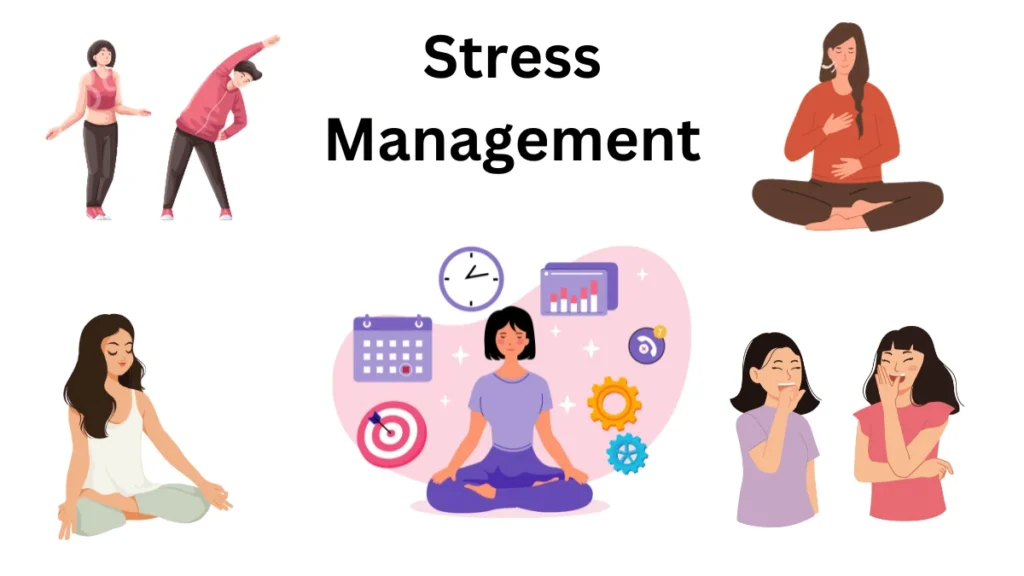Life can feel like a high wire act sometimes, can’t it? One minute you’re juggling work, family, and personal goals, and the next, you’re teetering on the edge of burnout. That’s where stress and well-being come into play—not just as buzzwords but as a lifeline to a healthier, happier you. Managing stress isn’t about dodging life’s challenges; it’s about building resilience, finding balance, and nurturing your mental and physical health. In this guide, we’ll dive deep into practical, science-backed strategies to help you thrive, from mindfulness to nutrition and beyond. Whether you’re a student cramming for exams or a professional navigating a hectic schedule, these tools will empower you to take charge of your well-being.
At https://knowsia.com/blog/sia, we’re all about empowering people to learn, grow, and thrive. Our platform offers resources to master not just academic subjects but also life skills like stress management. Let’s explore how you can transform stress into a steppingstone for well-being.
Understanding Stress and Well-Being
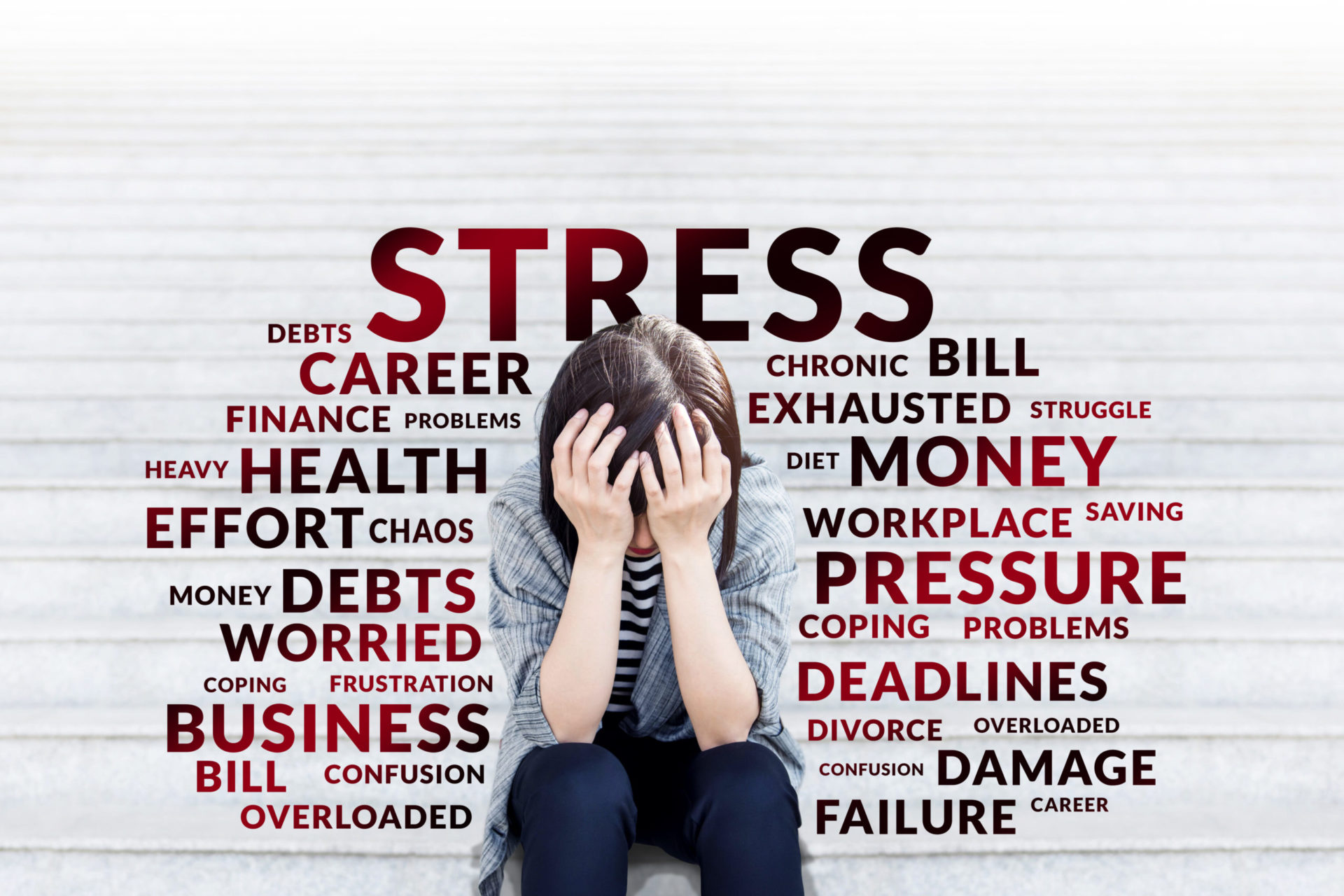
Before we jump into solutions, let’s get clear on what stress and well-being mean. Stress is your body’s response to demands—think tight deadlines or unexpected setbacks. It’s not always bad; a little stress can sharpen your focus. But when it piles up, it messes with your mood, sleep, and even your immune system. Well-being, on the other hand, is that sweet spot where you feel physically healthy, mentally clear, and emotionally balanced. The goal? Tip the scales toward well-being by managing stress effectively.
Research from the American Psychological Association shows chronic stress can lead to anxiety, depression, and heart issues. Yikes, right? But here’s the good news: you can rewire how you handle stress with the right tools. Let’s break it down with strategies that actually work.
Mastering Mindfulness for Stress and Well-Being

Ever feel like your mind’s a runaway train? Mindfulness can help you hit the brakes. It’s about staying present, not letting worries about yesterday or tomorrow hijack your peace. Practices like meditation and deep breathing calm your nervous system, reducing cortisol levels—yep, that’s the stress hormone.
Try this: sit quietly for five minutes, focus on your breath, and let thoughts drift by like clouds. Apps like Headspace offer guided sessions to get you started. Want to dive deeper? Explore more mindfulness techniques to build a daily habit that keeps stress at bay.
Crafting a Stress-Free Morning Routine
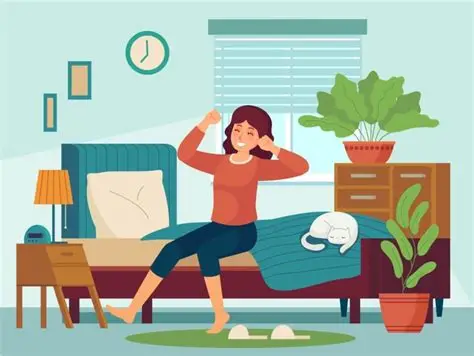
Mornings set the tone for your day, so why not make them a launchpad for stress and well-being? A chaotic start—snoozing alarms, rushing out the door—spikes your stress before you’ve had coffee. Instead, create a routine that feels like a warm hug. Think gentle stretches, a quick gratitude list, or sipping tea while planning your day.
Studies from Harvard Health suggest structured mornings boost productivity and mood. Curious about building your own? Check out tips for a morning routine that leaves you calm and ready to conquer.
Fueling Your Body to Manage Stress
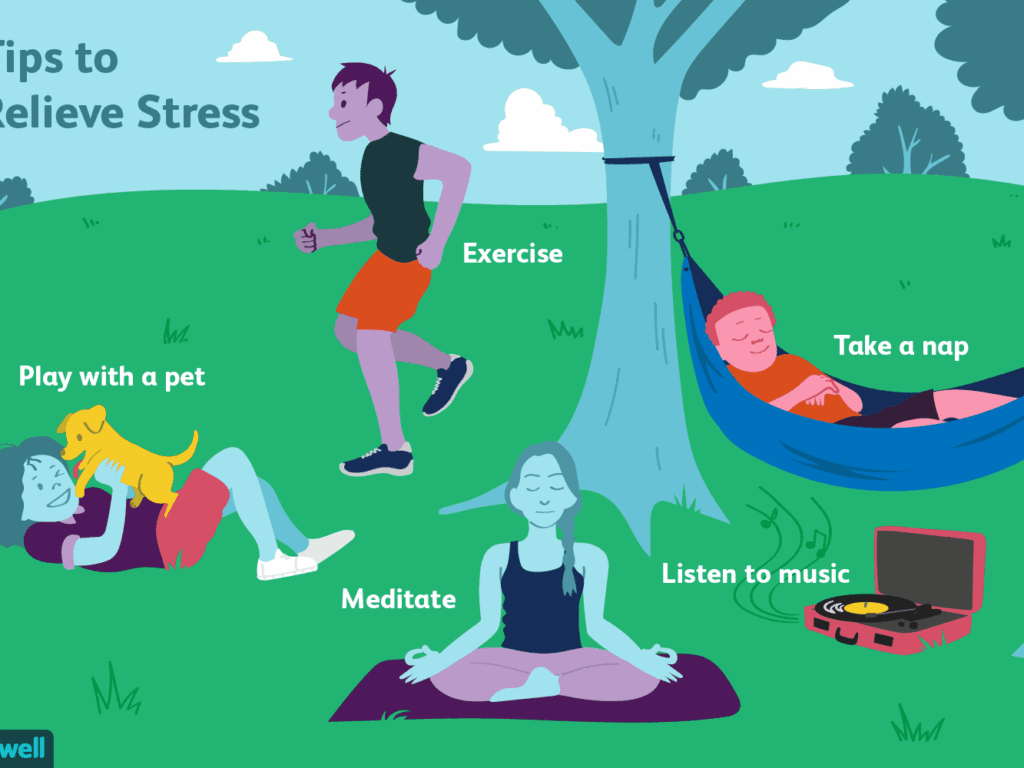
You are what you eat, and when it comes to stress, your diet’s a game-changer. Foods rich in omega-3s (like salmon), magnesium (spinach, anyone?), and vitamin C (hello, oranges) can lower stress hormones and lift your mood. On the flip side, too much caffeine or sugar can send your anxiety through the roof.
The Mayo Clinic emphasizes balanced nutrition for mental health. At Khttps://knowsia.com/blog/nowsia, we encourage learning about nutrition to empower your choices. Want to know which foods pack the biggest punch? Dig into the role of nutrition in stress management.
Moving Your Body for Stress Relief

Exercise isn’t just for sculpting muscles—it’s a stress-busting superhero. Physical activity pumps out endorphins, those feel-good chemicals that make you smile after a good sweat. Whether it’s yoga, a brisk walk, or dancing to your favorite playlist, moving your body clears mental fog.
According to WebMD, just 20 minutes of exercise can lower stress levels. From HIIT to tai chi, there’s something for everyone. Ready to find your groove? Explore the best workouts for stress relief.
Decoding the Science of Stress

Let’s nerd out for a sec. Stress triggers your brain’s “fight or flight” mode, flooding your system with cortisol and adrenaline. Handy if you’re dodging a bear, but not so great for everyday life. Chronic stress can shrink parts of your brain tied to memory and emotions—yep, it’s that serious.
The National Institute of Mental Health breaks down how stress impacts your body and mind. Understanding this science empowers you to fight back. Want to geek out more? Dive into the connection between stress and mental health.
Organizing Your Time to Reduce Stress
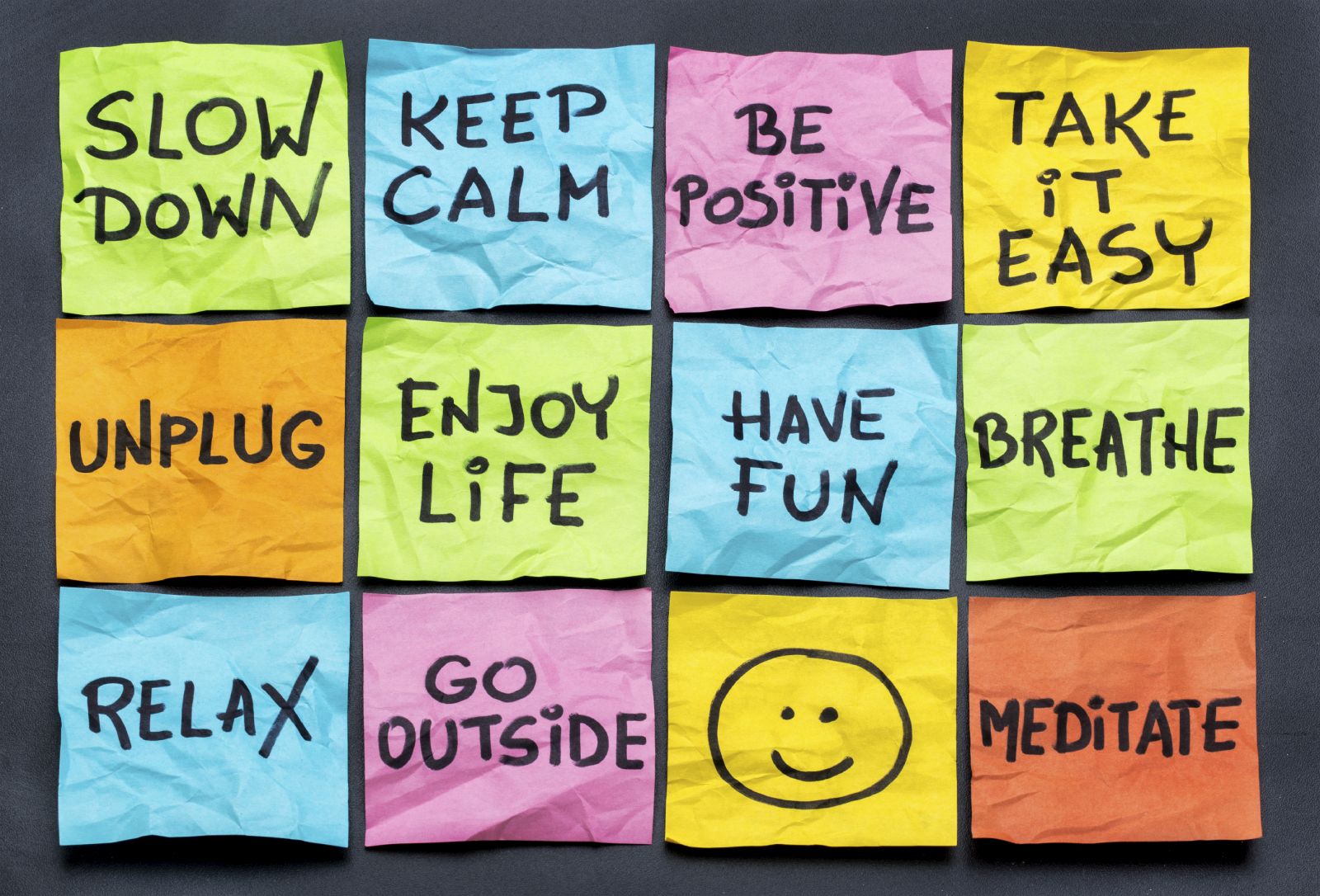
Ever feel like there aren’t enough hours in the day? Poor time management can turn stress into a full-blown monster. Prioritizing tasks, setting boundaries, and saying “no” when needed can free up mental space. Tools like to-do lists or apps like Toodis’ keep you on track.
Research from Forbes shows organized schedules reduce anxiety. At https://knowsia.com/blog/sia, we teach skills to manage time and stress smarter. Curious? Check out time management strategies to stay cool under pressure.
Journaling Your Way to Calm

Grab a pen and let it all out—journaling’s like therapy on paper. Writing about your worries, dreams, or even what you’re grateful for can untangle your thoughts and ease stress. It’s like giving your brain a chance to breathe.
Studies from Psychology Today show journaling boosts emotional health. Whether it’s a bullet journal or a stream-of-consciousness scribble, it works. Want to start? Explore journaling techniques for stress relief.
Sleeping Your Way to Better Well-Being

Sleep and stress and well-being go hand in hand. Skimp on shut eye, and your stress skyrockets; get enough, and you’re ready to tackle anything. A solid 7-9 hours resets your brain, balances hormones, and keeps irritability at bay.
The Sleep Foundation links poor sleep to higher stress levels. Create a bedtime routine—dim lights, no screens, maybe some chamomile tea. Need help? Dive into tips for better sleep to boost your well-being.
Thriving as a Remote Worker

Working from home sounds dreamy—until Zoom fatigue and blurred boundaries hit. Remote work can amp up stress if you’re not careful. Setting up a dedicated workspace, taking breaks, and logging off on time keep burnout at bay.
The World Health Organization highlights workplace stress risks. Knowsia’s platform offers resources to balance work and well-being. Want to thrive remotely? Explore stress management tips for remote workers.
Breathing Your Way to Instant Calm

When stress hits like a tidal wave, breathing exercises are your lifeboat. Techniques like box breathing—inhale for four, hold for four, exhale for four—can calm you in minutes. It’s simple, free, and works anywhere.
The Cleveland Clinic swears by breathing for stress relief. Practice daily, and you’ll feel the difference. Ready to try? Check out breathing exercises for instant calm.
Building a Stress-Resilient Life

Managing stress and well-being isn’t a one-and-done deal—it’s a lifestyle. Combine mindfulness, exercise, good nutrition, and smart habits, and you’re not just surviving; you’re thriving. It’s about small, consistent steps that add up to big changes.
At Knowsia, we’re passionate about helping you learn skills to live better, not just study harder. Our platform’s resources can guide you toward a balanced life. Want to keep growing? Revisit these strategies and make them your own.
Wrapping It Up
Stress is part of life, but it doesn’t have to run the show. By weaving mindfulness, movement, nutrition, and smart habits into your routine, you can boost your stress and well-being and live with more ease. Start small—maybe a five-minute breathing exercise or a quick journal entry—and build from there. You’ve got this.
Ready to take control? Explore the strategies we’ve covered, from crafting a stress-free morning to mastering time management. With Knowsia’s tools and a little effort, you’ll turn stress into a steppingstone for a healthier, happier you.

